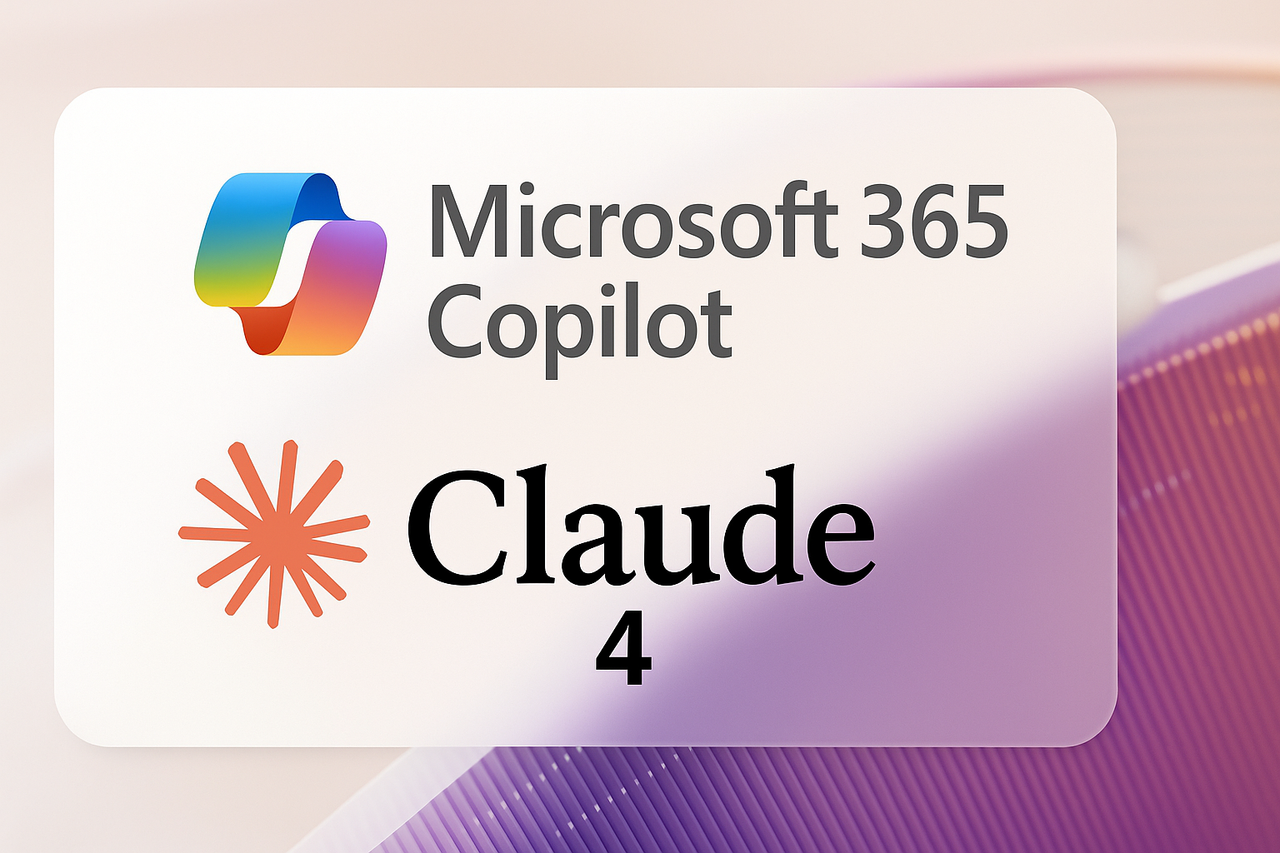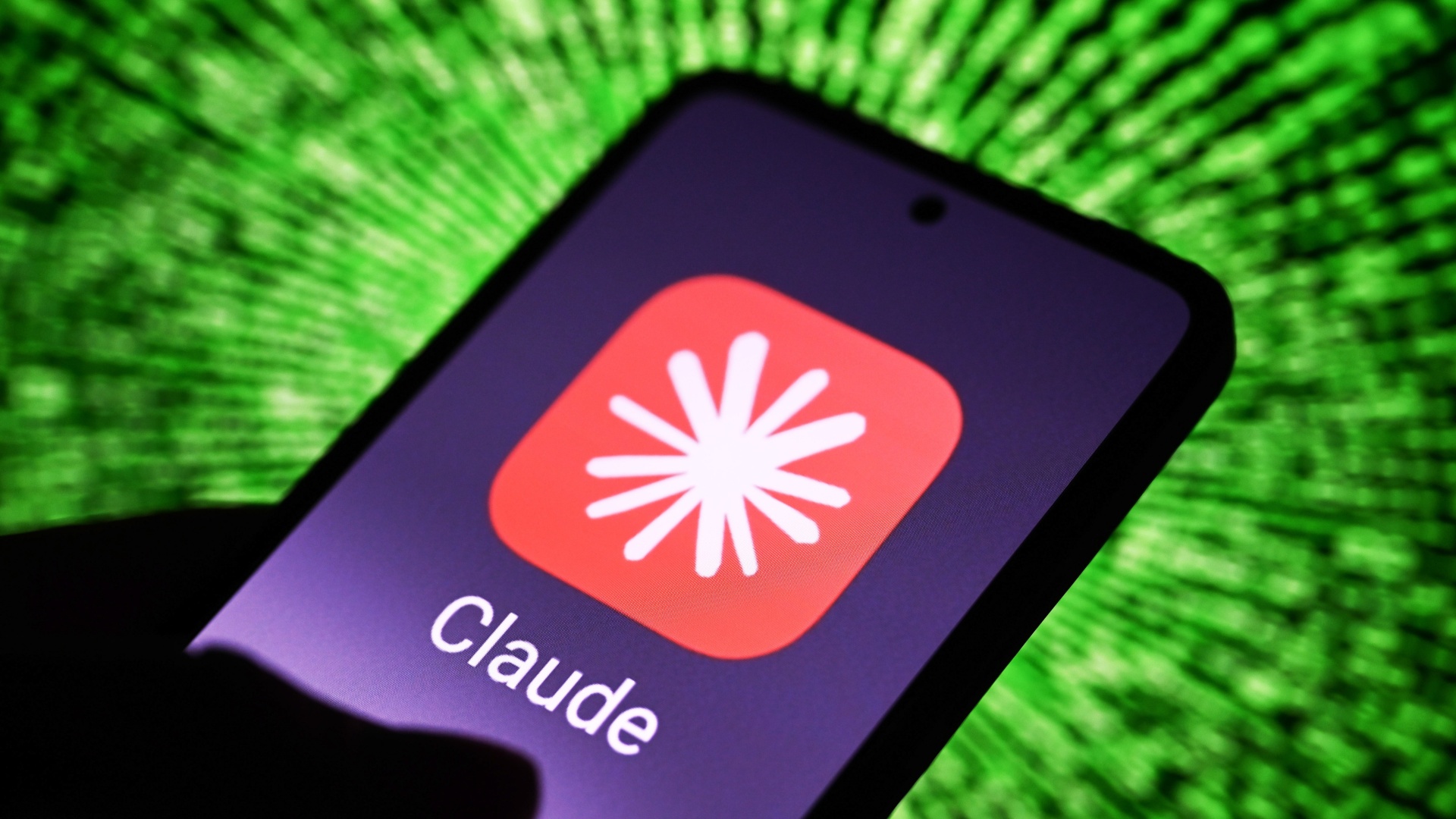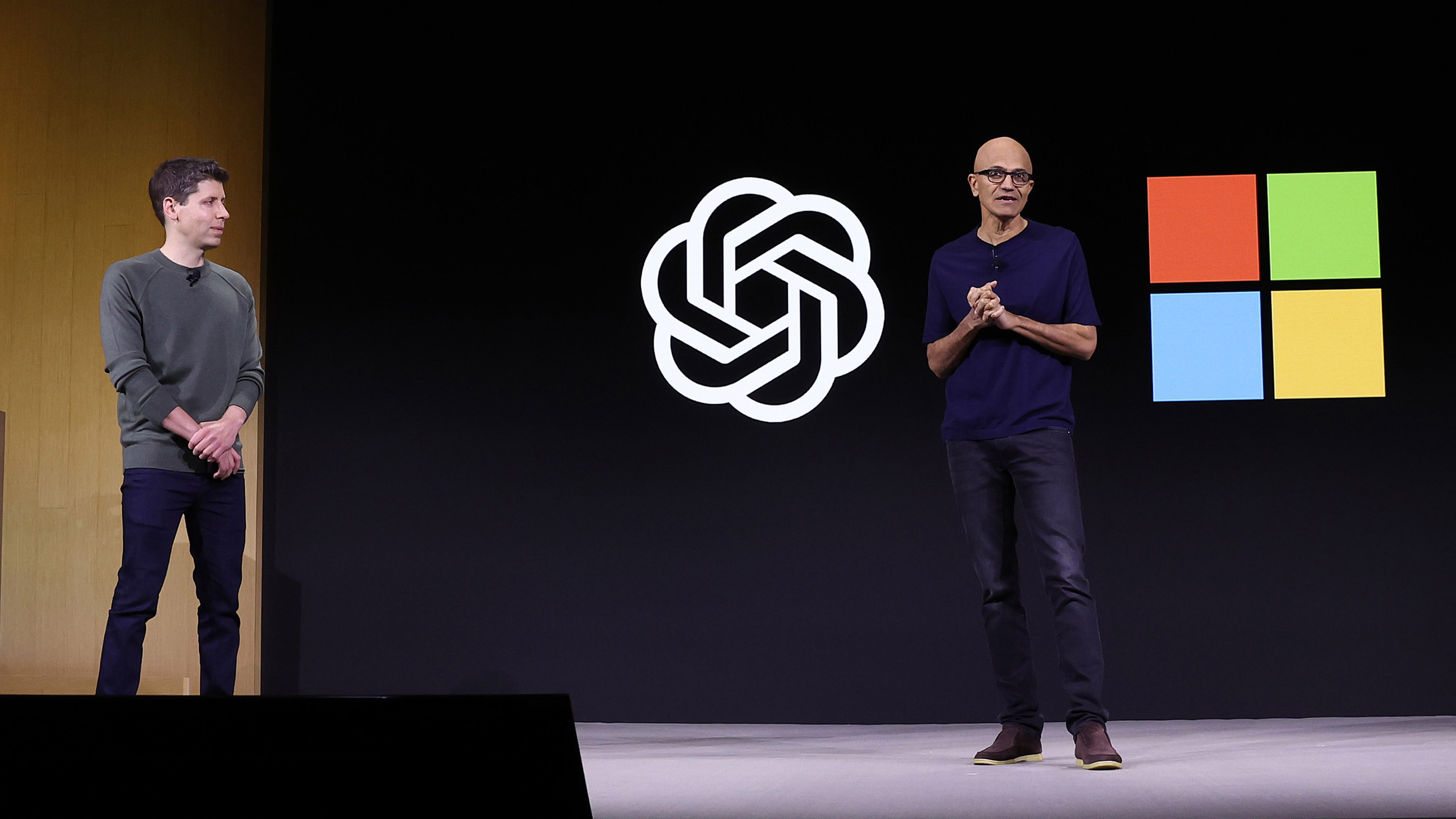
Each morning seems incomplete without Microsoft discussing or unveiling something related to AI, and today is no exception. However, what catches my eye is the unexpected change in their approach. This move aligns well with Microsoft’s strategy, but it could potentially stir up feelings of discontent in Sam Altman, CEO of OpenAI.
Microsoft has invested significantly in OpenAI, a commitment that still stands strong. However, it appears that the vast sums of money invested might soon be distributed more broadly, as Microsoft is now aiming to incorporate a variety of AI tools into its Office 365 suite.
Microsoft has ventured into diverse areas before as well. Currently, GitHub Copilot provides several models such as ChatGPT, xAI, Gemini, and Claude, catering to developers with a variety of choices for coding aid.
Inside the Microsoft–Anthropic deal

Microsoft is forming a new alliance with Anthropic to incorporate their Claude AI systems into Office 365, signaling a move away from over-reliance on ChatGPT. Unlike their agreement with OpenAI, Microsoft will purchase access to Claude through Amazon Web Services as Anthropic’s models are hosted there.
In simpler terms, users can anticipate that applications such as Word, Excel, and PowerPoint will operate by utilizing a blend of Claude and ChatGPT. Microsoft might manage the distribution of tasks between these two systems based on demand and workload.
Although the specific financial aspects remain undisclosed, this strategic step aligns with Microsoft’s colossal AI investment strategy, aiming to reach approximately $200 billion in infrastructure expenditure by 2028. Furthermore, there are no adjustments planned for the current pricing of Copilot and Office 365, even with the integration of Anthropic’s models.
One primary motivation for the agreement lies in performance capabilities. The Claude Sonnet 4 is now able to create presentations, spreadsheets, and PDFs directly within chat, a feature that Microsoft might find attractive. It has also demonstrated distinct advantages in tasks related to Office applications, such as creating more aesthetically pleasing PowerPoint slides and automating Excel functions.
Microsoft and OpenAI’s uneasy partnership

Microsoft has gone to great lengths to maintain its lead in the artificial intelligence competition. Some might perceive this as spending excessively, with OpenAI serving as a significant contributor to that expense. In fact, Microsoft invested $13 billion in OpenAI, securing a 49% ownership stake in its profitable division. This investment also made OpenAI’s models exclusive to Azure and integrated them extensively into Microsoft’s business software.
Although it’s been perceived that OpenAI may not have fully integrated with Microsoft as expected, given Microsoft’s substantial financial backing. This perception was reinforced when OpenAI launched the ChatGPT app on Mac ahead of Windows, despite Microsoft’s involvement. Moreover, OpenAI appears to favor Apple’s design aesthetics, extending an invitation to Jony Ive, renowned for creating iconic products like the iPod, iPhone, iMac, and Apple Watch, to contribute to their product development.
It seems like there’s a sense that OpenAI hasn’t fully integrated with Microsoft, an impression that persisted when OpenAI launched the ChatGPT app first on MacOS rather than Windows.
Additionally, in 2023, there was an incident where Altman temporarily lost his position as OpenAI’s CEO. During the subsequent five days, he took on a role at Microsoft to head their advanced AI division, but later returned to OpenAI as CEO and declined Microsoft’s offer.
Absolutely, what I’m saying is more of an educated guess, given the current situation I observe. However, it does provoke some intriguing thoughts about the relationship between Microsoft and OpenAI. From Microsoft’s perspective, it appears they are aiming to expand the AI models used in their range of business tools, to enhance diversity.
Looking ahead: diversification as the new normal
Just as there’s an increasing demand for establishing additional international connection lines following the disruption of the Red Sea cables, Microsoft is likewise broadening its horizons. A recent alliance with Nebius for expanding data center capacity further emphasizes that the trend towards diversifying infrastructure is gaining momentum.
Diversifying can be considered a wise strategy, applicable not only to businesses but also to individuals. It’s about distributing risks and minimizing dependence on a singular choice. This strategy proves effective in various domains, including technology and personal life.
This transition provides Microsoft with a competitive advantage as it proceeds in refining its self-made AI models. It underscores the rapid evolution in how businesses engage with artificial intelligence, demonstrating that we’re far from the “one-size-fits-all” era of AI. Instead, it appears that Microsoft is committed to selecting the optimal model for each task, rather than being tied to a single AI provider.
Read More
- Best Controller Settings for ARC Raiders
- Ashes of Creation Rogue Guide for Beginners
- Stephen Colbert Jokes This Could Be Next Job After Late Show Canceled
- 7 Home Alone Moments That Still Make No Sense (And #2 Is a Plot Hole)
- DCU Nightwing Contender Addresses Casting Rumors & Reveals His Other Dream DC Role [Exclusive]
- 10 X-Men Batman Could Beat (Ranked By How Hard It’d Be)
- Is XRP ETF the New Stock Market Rockstar? Find Out Why Everyone’s Obsessed!
- 10 Most Brutal Acts Of Revenge In Marvel Comics History
- XRP: Will It Crash or Just… Mildly Disappoint? 🤷
- Katy Perry and Justin Trudeau Hold Hands in First Joint Appearance
2025-09-10 17:10